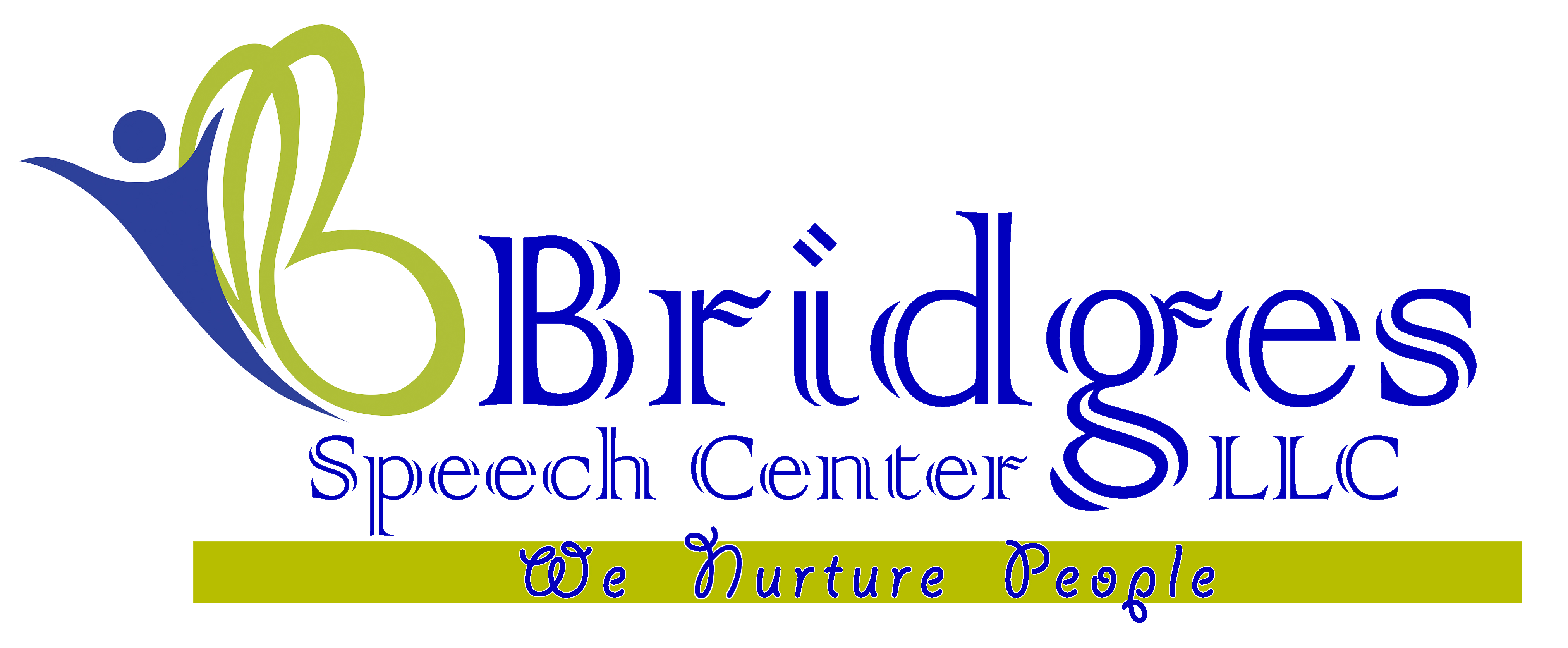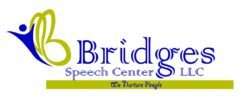- About Us
- Our Services
- Speech Therapy
- Speech and Language Therapies for Adults in Dubai
- Speech and Language Therapies for Children in Dubai
- Accent therapy
- Augmentative Alternative Communication (AAC) Therapy
- Articulation Speech Therapy
- Auditory Processing therapy/ Auditory verbal therapy
- Language Intervention: Speech Delay therapy
- Oral Motor Therapy
- Play Based therapy
- PROMPT/DTTC/RePT for Childhood Apraxia of Speech
- Social communication/Pragmatic language therapy
- Stuttering / Stammering therapy Program
- Spellography Program for Dyslexia
- Voice Therapy
- Home Care Services
- Feeding Therapy
- Physiotherapy
- Pediatric and Geriatric Physiotherapy
- Fall Prevention Programs for the Elderly
- Developmental Delay Treatment for Children
- Cerebral Palsy Management for Children
- Pediatric Orthopedic Conditions
- Osteoporosis Management for the Elderly
- Sports Injuries in Children
- Mobility and Balance Training for Elderly
- Joint Pain Treatment (Knee, Shoulder, Hip)
- Age-Specific Exercise Programs
- Coordination and Balance Exercises
- Orthopedic Physiotherapy
- Neurological Physiotherapy
- Sports Physiotherapy
- Cardiopulmonary Physiotherapy
- Women’s Health Physiotherapy
- Manual Therapy
- Therapeutic Exercise
- Pain Management
- Electrotherapy
- Ergonomic Consultation
- Tele-Physiotherapy Services
- Pediatric and Geriatric Physiotherapy
- Occupational Therapy
- Sensory Integration
- Clinical Psychology & Psychotherapy
- Cognitive Behavioral Therapy(CBT)
- ABA /Behavior Therapy
- Bridge Learning Program
- Group therapy
- Summer/Winter Program
- Telehealth Services
- Training Program/CEU
- Internship/ Observership
- Speech Therapy
- Super Team
- Collaboration
- Training Course
- News/Blogs
- About Us
- Our Services
- Speech Therapy
- Speech and Language Therapies for Adults in Dubai
- Speech and Language Therapies for Children in Dubai
- Accent therapy
- Augmentative Alternative Communication (AAC) Therapy
- Articulation Speech Therapy
- Auditory Processing therapy/ Auditory verbal therapy
- Language Intervention: Speech Delay therapy
- Oral Motor Therapy
- Play Based therapy
- PROMPT/DTTC/RePT for Childhood Apraxia of Speech
- Social communication/Pragmatic language therapy
- Stuttering / Stammering therapy Program
- Spellography Program for Dyslexia
- Voice Therapy
- Home Care Services
- Feeding Therapy
- Physiotherapy
- Pediatric and Geriatric Physiotherapy
- Fall Prevention Programs for the Elderly
- Developmental Delay Treatment for Children
- Cerebral Palsy Management for Children
- Pediatric Orthopedic Conditions
- Osteoporosis Management for the Elderly
- Sports Injuries in Children
- Mobility and Balance Training for Elderly
- Joint Pain Treatment (Knee, Shoulder, Hip)
- Age-Specific Exercise Programs
- Coordination and Balance Exercises
- Orthopedic Physiotherapy
- Neurological Physiotherapy
- Sports Physiotherapy
- Cardiopulmonary Physiotherapy
- Women’s Health Physiotherapy
- Manual Therapy
- Therapeutic Exercise
- Pain Management
- Electrotherapy
- Ergonomic Consultation
- Tele-Physiotherapy Services
- Pediatric and Geriatric Physiotherapy
- Occupational Therapy
- Sensory Integration
- Clinical Psychology & Psychotherapy
- Cognitive Behavioral Therapy(CBT)
- ABA /Behavior Therapy
- Bridge Learning Program
- Group therapy
- Summer/Winter Program
- Telehealth Services
- Training Program/CEU
- Internship/ Observership
- Speech Therapy
- Super Team
- Collaboration
- Training Course
- News/Blogs
Table of Contents
TogglePediatric and Geriatric Physiotherapy Treatment in Dubai
- Home
- Our Services
- Physiotherapy
Post-Mastectomy Rehabilitation
Post-mastectomy rehabilitation is a specialized area of women’s health physiotherapy focused on helping women recover after breast surgery. Mastectomy, a surgical procedure to remove one or both breasts, is often performed to treat or prevent breast cancer. The physical and emotional impact of this surgery can be significant, and rehabilitation plays a crucial role in restoring function, alleviating pain, and improving quality of life.
Our comprehensive post-mastectomy rehabilitation programs are designed to address the unique needs of each patient, providing personalized care through a combination of therapeutic exercises, manual therapy, education, and emotional support.
Understanding Post-Mastectomy Rehabilitation
Post-mastectomy rehabilitation aims to:
- Restore Range of Motion: Breast surgery can result in limited shoulder and arm movement. Rehabilitation focuses on restoring full range of motion to enable daily activities.
- Reduce Pain and Discomfort: Pain and discomfort in the chest, shoulder, and arm are common after mastectomy. Physiotherapy techniques help manage and alleviate these symptoms.
- Minimize Scar Tissue Formation: Surgery can lead to the development of scar tissue, which may restrict movement and cause pain. Specialized techniques are used to manage scar tissue.
- Improve Strength and Function: Strengthening exercises help rebuild muscle strength, particularly in the upper body, to support overall function.
- Prevent Lymphedema: Removal of lymph nodes during mastectomy can result in lymphedema, a condition characterized by swelling of the arm. Rehabilitation includes education and techniques to manage or prevent lymphedema.
- Provide Emotional Support: The emotional impact of mastectomy is profound. Our programs offer psychological support to help women cope with the changes to their body and self-image.
Comprehensive Assessment
The rehabilitation process begins with a thorough assessment conducted by our experienced women’s health physiotherapists. This assessment includes:
- Medical History Review: Understanding the details of the surgery, any complications, and the patient’s overall health status.
- Physical Examination: Evaluating range of motion, muscle strength, posture, and any areas of pain or discomfort.
- Functional Assessment: Assessing the patient’s ability to perform daily activities and identifying any limitations.
- Lymphedema Risk Assessment: Evaluating the risk of developing lymphedema based on the extent of lymph node removal and other factors.
Personalized Treatment Plan
Based on the assessment findings, our physiotherapists develop a personalized treatment plan tailored to the specific needs and goals of the patient. The treatment plan may include a combination of the following interventions:
Therapeutic Exercises
Therapeutic exercises are designed to restore range of motion, improve strength, and enhance overall function. These exercises may include:
- Shoulder and Arm Exercises: Gentle stretching and strengthening exercises to restore mobility and build strength in the shoulder and arm.
- Postural Exercises: Exercises to improve posture and prevent compensatory movements that may lead to pain or dysfunction.
- Breathing Exercises: Techniques to enhance respiratory function and promote relaxation.
Manual Therapy
Manual therapy techniques help reduce pain, manage scar tissue, and improve mobility. These techniques may include:
- Massage: Gentle massage to alleviate muscle tension, reduce pain, and promote relaxation.
- Scar Tissue Management: Specialized techniques to prevent or reduce the formation of restrictive scar tissue.
- Joint Mobilization: Techniques to improve joint mobility and reduce stiffness.
Lymphedema Management
Preventing and managing lymphedema is a critical aspect of post-mastectomy rehabilitation. Our physiotherapists provide:
- Education: Information on recognizing the signs of lymphedema and strategies to reduce the risk.
- Compression Therapy: Use of compression garments to manage swelling.
- Manual Lymphatic Drainage: Gentle massage techniques to stimulate lymphatic flow and reduce swelling.
Pain Management
Managing pain is essential for effective rehabilitation. Our physiotherapists use a variety of methods to alleviate pain, including:
- Modalities: Use of heat, cold, or electrical stimulation to reduce pain and promote healing.
- Exercise: Specific exercises to address pain and improve function.
- Education: Teaching patients about pain management strategies they can use at home.
Emotional Support
The emotional impact of mastectomy can be profound. Our rehabilitation programs include:
- Counseling: Access to psychological counseling to support emotional well-being.
- Support Groups: Opportunities to connect with other women who have undergone mastectomy, providing a sense of community and shared experience.
- Mindfulness and Relaxation Techniques: Techniques to reduce stress and promote emotional healing.
Benefits of Post-Mastectomy Rehabilitation
Our comprehensive approach to post-mastectomy rehabilitation offers numerous benefits, including:
- Improved Range of Motion: Enhanced mobility in the shoulder and arm, allowing for better performance of daily activities.
- Reduced Pain and Discomfort: Effective management of pain and discomfort, improving overall comfort and quality of life.
- Prevention of Lymphedema: Strategies to reduce the risk of developing lymphedema and effective management if it occurs.
- Enhanced Strength and Function: Improved muscle strength and function, supporting overall physical health.
- Better Emotional Well-Being: Psychological support to help women cope with the emotional impact of mastectomy.
Ongoing Support and Education
In addition to structured rehabilitation sessions, we provide ongoing support and education to empower women in their recovery journey:
- Home Exercise Programs: Customized exercise routines to be performed at home, ensuring continuity of care and long-term maintenance of progress.
- Regular Follow-Ups: Periodic reassessment of symptoms and progress, allowing for adjustments to the treatment plan and continued guidance.
- Educational Resources: Access to information on post-mastectomy care, including booklets, videos, and workshops, to enhance understanding and self-management.
Contact Us
For more information about our post-mastectomy rehabilitation services or to schedule a consultation, please contact us. Our dedicated team of physiotherapists is committed to providing personalized, compassionate care, helping women recover and achieve optimal health and well-being after mastectomy.
Make Appointment
Testimonials
What Parents Say
Send us an email if you wish to talk to any of them. For more reviews, please go to Google reviews.

My experience with bridges speech centre has been great. My child is attending OT in the center and we are happy and proud with the progress Mrs. Richa has made. The therapists are very supportive and knowledgable in selecting techniques to suit with our child's requirements . Their monthly review and evaluation is remarkable. I highly recommend bridges speech centre to anyone looking for an affordable and professional therapy for their child....

We were asked to consult a speech therapist for my son. As parents we were quite skeptical about this whole process. However, once my son started attending Dr Rupali’s sessions we noticed a drastic improvement in his speech. He used to speak only a few words but within the 1st four sessions he started speaking up-to 5 words sentences. I also learnt to manage my child’s emotions better with Dr Rupali’s guidance. She is very cooperative and patiently answer all questions.

We took our 21 month old daughter to Bridges speech center following her cleft palate surgery as she needed Speech therapy. Ms.Rupali was recommended to us by both our Pediatrician and ENT specialist. The staff at Bridges are qualified, warm and friendly. My daughter loved to attend the speech therapy sessions. Through various techniques and simulations provided during these sessions, I can see considerable improvement in my daughter's speech. Lastly I would say, no child is same, as parents we need to be patient and trust the process.

Rupali was excellent. In just couple of sessions she helped my child overcome difficulty in pronouncing ch and sh sound. Thanks very much.Highly recommend for children who will need assistance in speech therapy.
Blog & Article
Our Latest Blog & Articles
What Is the Difference Between Occupational Therapy and Physical Therapy?
If you are searching what is the difference between occupational therapy and physical...
Sensory Integration Therapy at Home for Children with Sensory Challenges
When a child gets overwhelmed by everyday sounds, refuses certain clothes because they...



